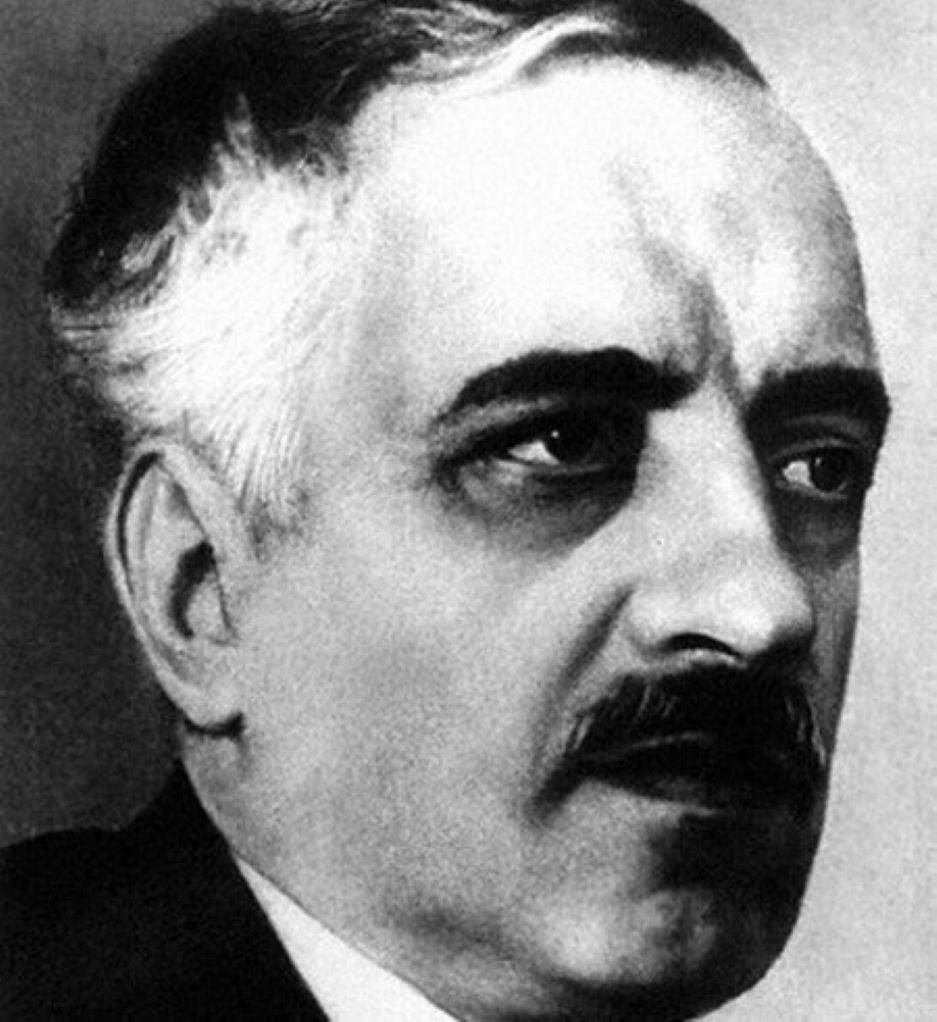
Boris Liatoshinsky
• Born in Zhytomyr, Ukraine in 1895, Lyatoshinsky studied composition at the Kiev Conservatory under Reinhold Glière, as did Sergei Prokofiev
• his music, initially inspired by Borodin and Scriabin and later incorporating avant-garde techniques, was criticised by Soviet cultural ideologists
• the creator of two operas, symphonies, chamber music and numerous vocal works is considered the most influential Ukrainian composer in the first half of the 20th century
• Music is characterised by folkloristic sources, which Lyatoshinsky does not usually quote directly
• the equally sombre and dramatic Symphony No. 3 (original subtitle: ‘Peace will conquer war’) still plays a central role in Ukrainian music history today
• taught as a composition professor at the Kiev Conservatory until the mid-1930s and later at the Moscow Conservatory
• Lyatoshinski's students included Leonid Hrabovsky, Yevgeny Stankovich and Valentin Silvestrov
• From 1956 until his death in 1968, the composer held a leading position in the Soviet Composers' Union
• Complete recording of Symphonies Nos. 1 to 5 with the Ukrainian State Symphony Orchestra Theodore Kuchar on the Naxos label
On Boris Lyatoshinsky's with Boosey & Hawkes / Sikorski:
• Symphony Nos. 1-5
• Lyric Poem (in memoriam Reinhold Glière) for large orchestra (1964)
• Slavonic Suite* (1967)
• String Quartet No. 2 (1922)
‘The sound of bells reflects the passing of time, memories of past centuries, centuries covered with the dust of eternity and the ringing of bells.’ (Boris Lyatoshinsky)
